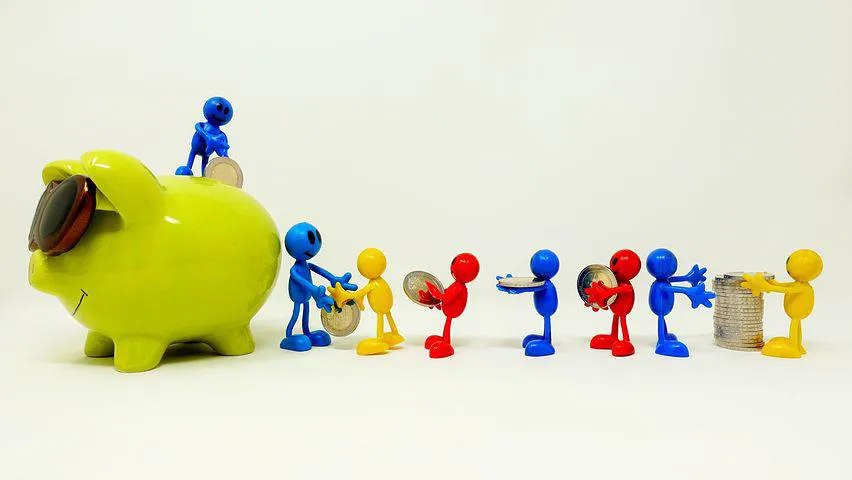An emergency fund is a savings account that you keep for an emergency.

Source
The idea of an emergency fund is to prepare for unexpected events so that you don't have to worry about them. You should also make sure that your regular savings account doesn't get depleted in the process.
An Emergency Fund can be used for anything from a car repair to a medical bill and it's good to have one in case of emergencies.
How to Make a Good Plan for Your Emergency Fund
In the event of an emergency, you need to have some money saved up. It is always a good idea to have an emergency fund that you can use in case of an unforeseen situation.
Here are some tips on how to make a good plan for your emergency fund:
• Make sure that you save a certain amount every month and put it in a savings account.
• Create a budget that is realistic and not too tight so that you can still enjoy life.
• Keep your emergency fund in one place so that it's easy to access if needed.
When you want to prepare for a worst-case scenario, it's important to have a savings plan. This includes putting money aside in case of an emergency.
It's not as easy as just saving money in your bank account - you need to make sure that your account is safe and secure and that you can access it in the event of an emergency.
It's also important to know how much money is enough for your emergency fund. Some people recommend saving 3-6 months' worth of income but others say that the amount should be based on what you can afford.
What are the Financial Benefits of an Emergency Fund?
You should keep an emergency fund to avoid debt or financial hardship. It is not just for emergencies, but also for unforeseen events that might happen in the future.
Therefore, an emergency fund can save you from debt and a lot of other problems. It will help you get out of a tough situation when you don't have enough money to cover your bills, rent, or mortgage payment.
An emergency fund can be a lifesaver in many different situations including:
• Job loss
• Medical expenses
• Financial hardship
• Natural disasters, etc.
Why do people not have an emergency fund?
There are a variety of reasons why people might not have an emergency fund. Some people might not have the money to set up an account and some might not be able to afford one.
To survive without a savings account, you'll need to break your budget and make sacrifices. You can do this by cutting back on non-essentials, such as entertainment, going out with friends, or eating at restaurants regularly.
Issues with having a fixed income
What are some common causes of personal problems that can lead to difficulty getting by with just a fixed income for a month?
If you are in a situation where you have to make ends meet with just a fixed income, then it is important to understand the causes of personal problems.
Financial problems can be caused by several unexpected events like medical emergencies or job loss. These events can cause financial difficulties for people and lead to them having difficulty getting by with just a fixed income.
Most people who have financial problems with unexpected events usually experience a sudden drop in their income. This can happen due to an illness or job loss.
There are a few different ways that people can manage their money in such situations. Some of these include using credit cards and loans, using retirement accounts, and using savings accounts. However, these options come with risks that should be taken into consideration before making any decisions about how to manage unexpected events.
When it comes to managing personal finances during an unexpected event, the individual needs to understand the risks involved in each option and make an informed decision about what's best for them going forward.
Preparing Your Emergency Fund Can Prove Key to Your Success
An emergency fund is a crucial part of any financial plan. It provides you with the peace of mind that you will be able to cover your expenses in case of an emergency.
If you’re not sure how much money you should set aside for your emergency fund, here are some tips to get started:
• Start with $500 - $1,000 and make sure it’s saved in a savings account or a high-yield savings account.
• You can also put this money into an investment account if you want to grow it over time.
Before you can start saving for an emergency fund, you have to know what your expenses are. That includes everything from rent to car payments and groceries. You also need to identify your monthly income and how much you have left over each month.
With this information, you can calculate how much a percent of your take-home pay is going toward bills and other expenses, and set up a savings plan that will help cover those costs while still leaving some money for the unexpected.